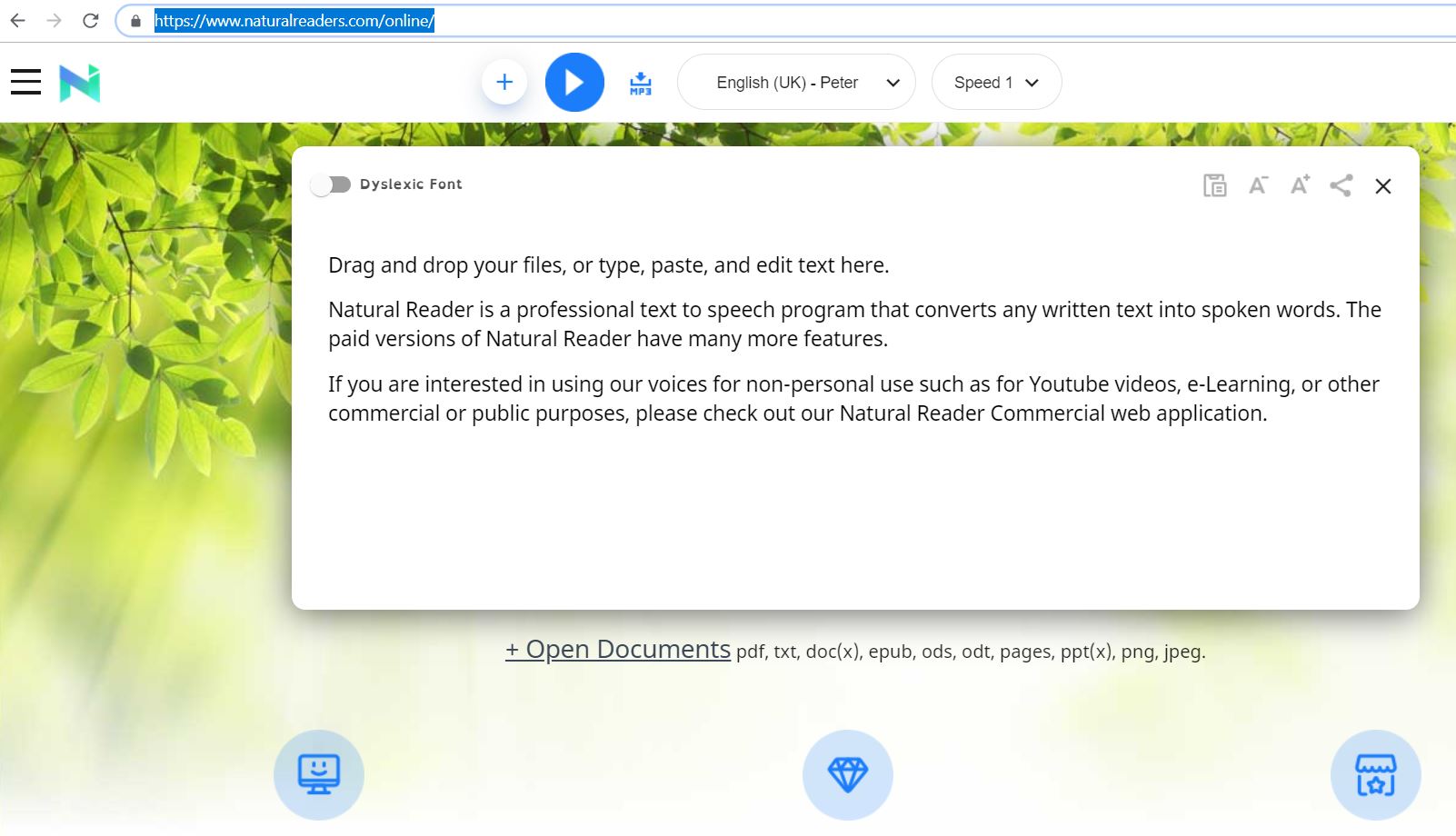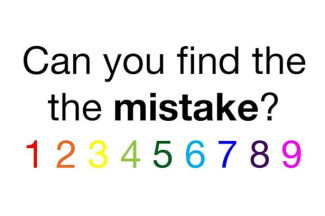If you’re unfamiliar with ABC (Always be Closing), it’s a reference to Glengarry Glen Ross. Alec Baldwin can enlighten you here, but it will probably make some of you cry.
I’m in the middle of rewrites. I think we can all agree that editing is a slog, but I’m doing a developmental edit on myself which has been particularly painful. I had to gut chapters 10-18 and pretty much write them again from scratch.
I was looking forward to the next section of my book, which is pretty solid plot-wise and follows my new throughline nicely. I’d only have to do minor tweaks to sentence structure and stuff. Piece of cake. Right?
And then I see the first line of this chapter, followed by the cringe-inducing “he protested” as a dialogue tag. Ugh. I looked at the snapshots and saw why–this chapter hasn’t been touched since mid February, and it’s now mid-July.

How much better could I have gotten at writing since February? Better enough to recognize my failings in this opening. This much better:

Now there are probably typos in there because it’s a first draft rewrite, but the writing itself is much better.
As a writer, you should always be working to improve your craft. So how does one do this? Read great books, read craft books by successful authors, read editing books, follow blogs on writing/editing, and follow YouTubers (take this last one with a grain of salt as a lot of them are newbies).
Critique partners are incredibly helpful, but only if they know what they’re talking about (I’ve had at least one who was recommending grammar “corrections” that were flat-out wrong). Try to find partners who point out different things. Some are great at tightening up your writing but cutting out redundancies. Others will let you know when you’ve got talking heads or white room syndrome (two of my issues). One of mine is all about strong verbs in place of “small, choppy sentences.”
Don’t be afraid of criticism! It’s better to hear this stuff from other writers than it is from your readers after you publish. If you get your manuscript edited prior to release, which you should, it will help minimize the cost because they won’t have as many issues to fix.
When do you have time to do all this research? I’ve found that some times I’m just less productive on the writing end. I’m sick, or it’s been a long day (I’m way better at writing in the mornings), or there are just too many interruptions to focus. Those are perfect times to read up or watch videos on craft. It’s a relaxing activity but you’ll still feel productive.
Copyright © 2019 Val Neil. All rights reserved.


